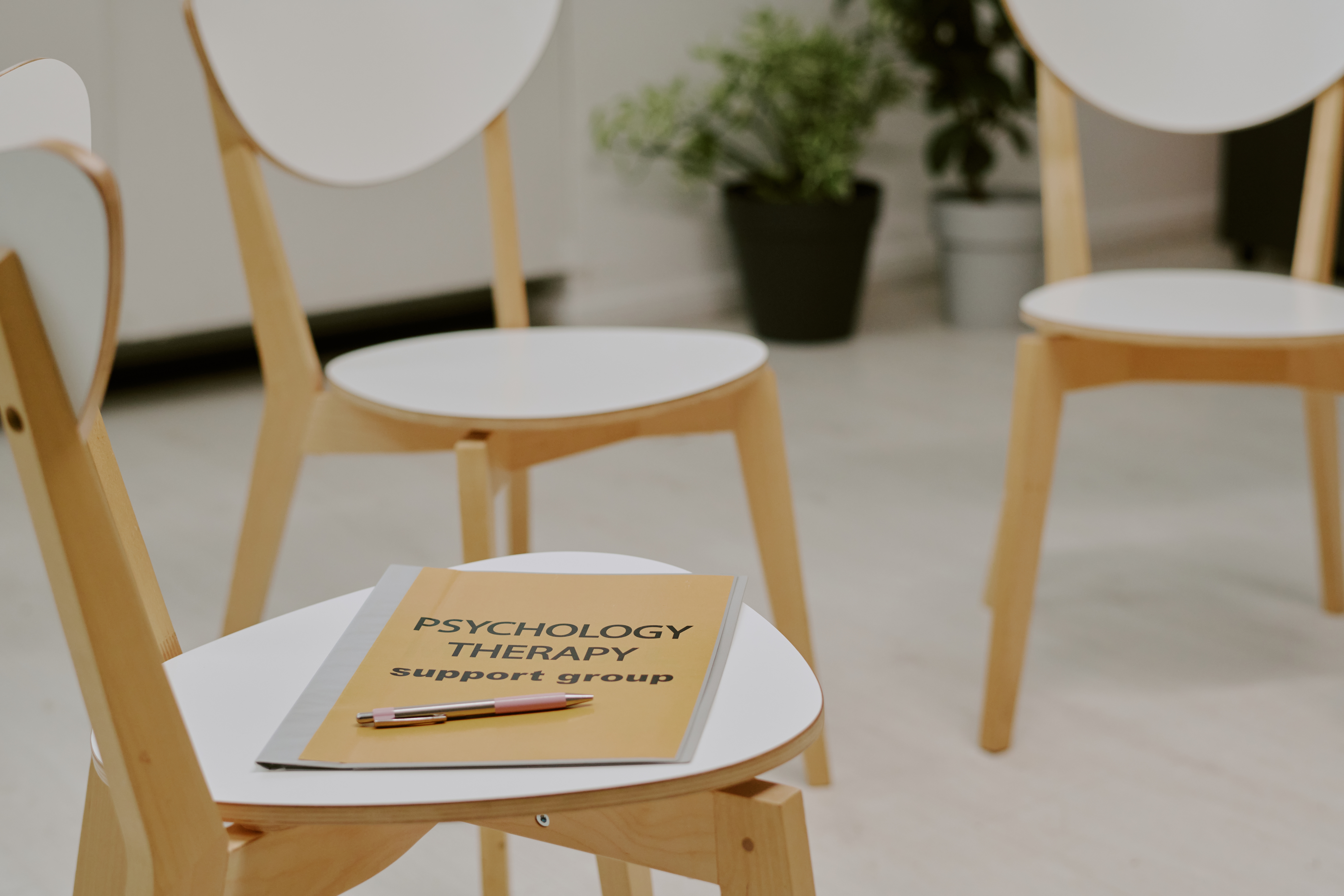The benefit of integrating non-human animals into our therapy practices is becoming increasingly apparent.
Recognizing the comfort provided when working with animals has been integrated into our courtrooms, veterans’ assistance programs, and even prisons. While the typical emotional support animal consists of one that can be easily transported, fed, and housed, a particular type of large animal can be particularly therapeutic to interact with.
This animal is the horse.
The Physical Benefit of Working with Horses
Equine therapy has been utilized throughout the ages, even as far back as the days of ancient Greece. Actively riding a horse involves much more than simply sitting in a saddle. Each movement of our legs, arms, and torso communicates something to the horse. Working with an animal that is so sensitive and responsive to our physical motions provides us with the opportunity to become acutely aware of how we are using our bodies. The posture and rhythmic movements required for successfully navigating the various gaits and exercises engaged during a riding session also strengthen our core muscles. As we become more confident in our physical abilities, our mental and emotional health is often improved.
The Psychological Magic of Equines
Horse riding not only provides us with physical therapy, but it also provides a window into our psyche. Horse lovers are fond of describing how the animals intrinsically connect with their handlers. If we are anxious, our horse will act giddy. If we feel depressed or disconnected from life, our horse will respond by being sluggish. This applies even when we are only temporarily the one in charge of directing the horse.
This special connection made with a horse provides a unique way for us to learn more about our emotional states and become aware of the types of emotions we tend to carry around daily. We often become so accustomed to walking around with feelings of anxiety and depression, for instance, that we accept it as our normal state of being. Seeing our own emotional state manifest through another creature’s behavior can be the starting point for learning the benefits of adjusting our responses to stress.
Horses are also herd animals, meaning they establish and respond in regard to leadership positions. People who struggle with learning to be assertive in their personal lives will benefit from working with the horse and therapist toward developing the healthy self-confidence required of effective leaders. If you are overly timid, the horse will tell you this by refusing to accept your lead. An equine therapist will be able to gently guide you toward learning to communicate to the horse that you are capable of being in charge. Learning to be the one in charge of a creature that weighs up to a ton is quite an accomplishment!
Mental Health Equine Treatment
The list of mental health disorders that are being added to those that are effectively treated through the implementation of equine therapy is continually growing. As the field grows, so do the regulations for delivering official therapy through the integration of horses. Some certifications allow for a non-clinical, self-guided approach toward improving symptoms through learning to interact with the animals. For thorough equine therapy to take place, it will need to be under the guidance of a licensed mental health therapist, and not all equine therapy involves riding the horse. The following are some of the mental health areas that equine therapy can assist with.
Anxiety
The source of anxiety is fear of the future. An anxious person is concerned with the idea that something will go wrong. Working with a horse requires that a person be present in the existing moment. Repeatedly being exposed to the calming experience of letting go of thoughts of the future to be engaged in the task at hand can result in developing new, more adaptive perspectives. The horse will respond to your increasing ability to apply a calm demeanor, and you will receive real-time feedback for mastery over your anxiety.
Trauma
Those clinically diagnosed with post-traumatic stress disorder (PTSD) have typically been exposed to situations threatening their very lives. Being around an animal the size and weight of a horse can trigger those feelings of fear and vulnerability. Equine therapy for PTSD is a form of exposure therapy. Under the careful guidance of a therapist, someone accustomed to being afraid of danger will be able to develop the confidence that comes from learning to take charge of a situation. The bond often formed between horse and rider also works as a catalyst for reassuring that safe relationships are possible.
Attention Deficit
Equine therapy provides relief through hands-on interaction for children and adults who struggle with disorders involving the ability to pay sustained attention to an academic task. Horse care and riding is a highly interactive activity, and applying attention to the details is an intrinsic component. Experiencing the positive emotions associated with a successful horse encounter can also be a source of relief for those who are accustomed to being chastised for inattention. Horses do not judge us for how we are. They respond to how we are.
Addiction
Many people who struggle with addiction have underlying mental health issues at work. Those who use drugs or alcohol to attempt to escape psychological discomfort are identified as having a co-occurring disorder. While equine therapy doesn’t address substance use directly, it does work to heal the wounds contributing to it. Learning to build trust in our abilities, learning to listen to our inner voice, and learning to form healthy bonds are all possible through interactions with equines.





